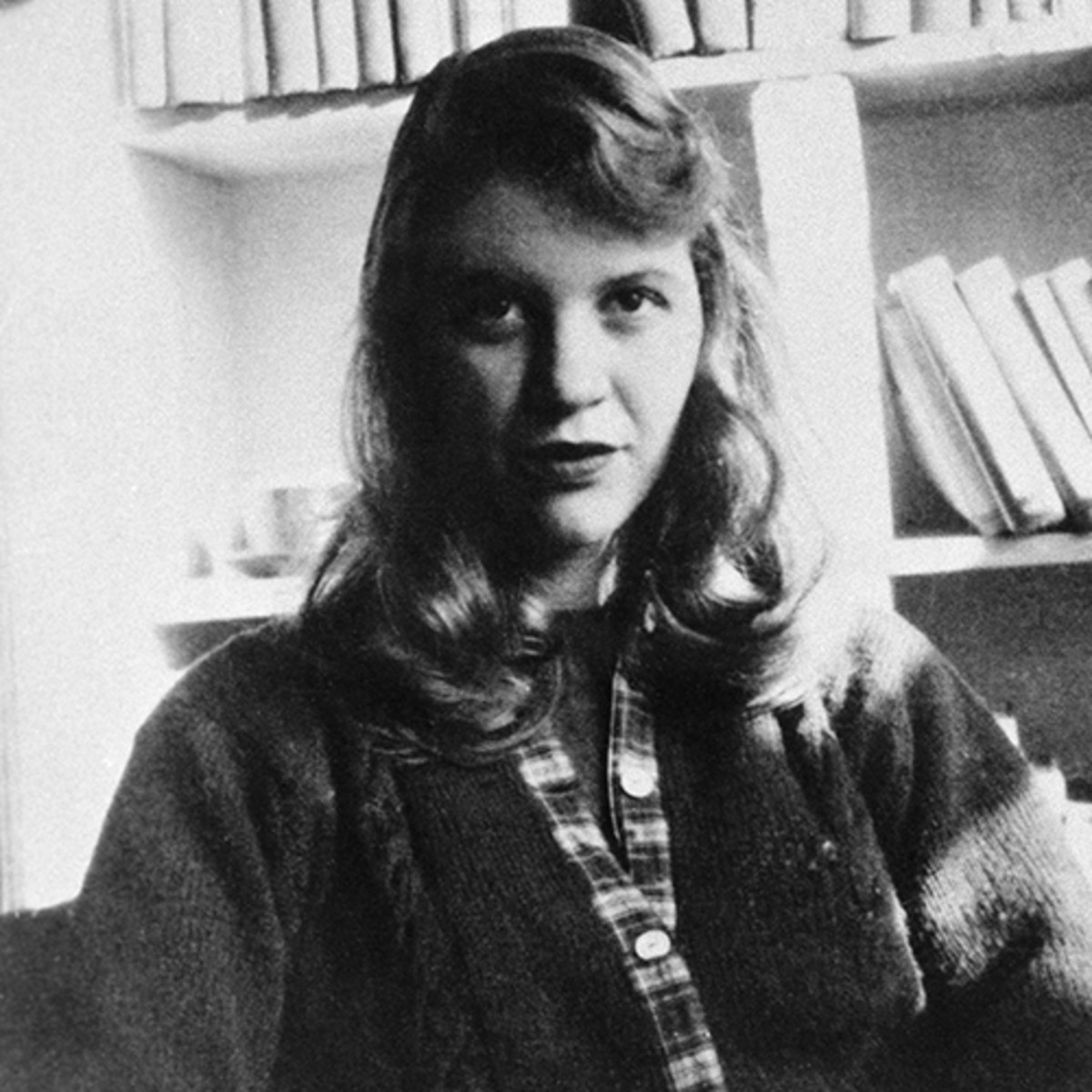First, are you our sort of a person?
Do you wear
A glass eye, false teeth or a crutch,
A brace or a hook,
Rubber breasts or a rubber crotch,
Stitches to show something's missing? No, no? Then
How can we give you a thing?
Stop crying.
Open your hand.
Empty? Empty. Here is a hand
To fill it and willing
To bring teacups and roll away headaches
And do whatever you tell it.
Will you marry it?
It is guaranteed
To thumb shut your eyes at the end
And dissolve of sorrow.
We make new stock from the salt.
I notice you are stark naked.
How about this suit——
Black and stiff, but not a bad fit.
Will you marry it?
It is waterproof, shatterproof, proof
Against fire and bombs through the roof.
Believe me, they'll bury you in it.
Now your head, excuse me, is empty.
I have the ticket for that.
Come here, sweetie, out of the closet.
Well, what do you think of that?
Naked as paper to start
But in twenty-five years she'll be silver,
In fifty, gold.
A living doll, everywhere you look.
It can sew, it can cook,
It can talk, talk, talk.
It works, there is nothing wrong with it.
You have a hole, it's a poultice.
You have an eye, it's an image.
My boy, it's your last resort.
Will you marry it, marry it, marry it.
Published:
1963
Length:
Regular
Literary Movements:
Confessionalism
Anthology Years:
2023
Themes:
Humor & Satire
Womanhood
Literary Devices:
Apostrophe
an exclamatory passage in a speech or poem addressed to a person (typically one who is dead or absent) or thing (typically one that is personified)
Extended Metaphor
a metaphor that extends through several lines or even an entire poem
Imagery
visually descriptive or figurative language, especially in a literary work
Polysyndeton
the repetition of conjunctions frequently and in close proximity in a sentence
Rhetorical Question
a question asked for effect, not necessarily to be answered

